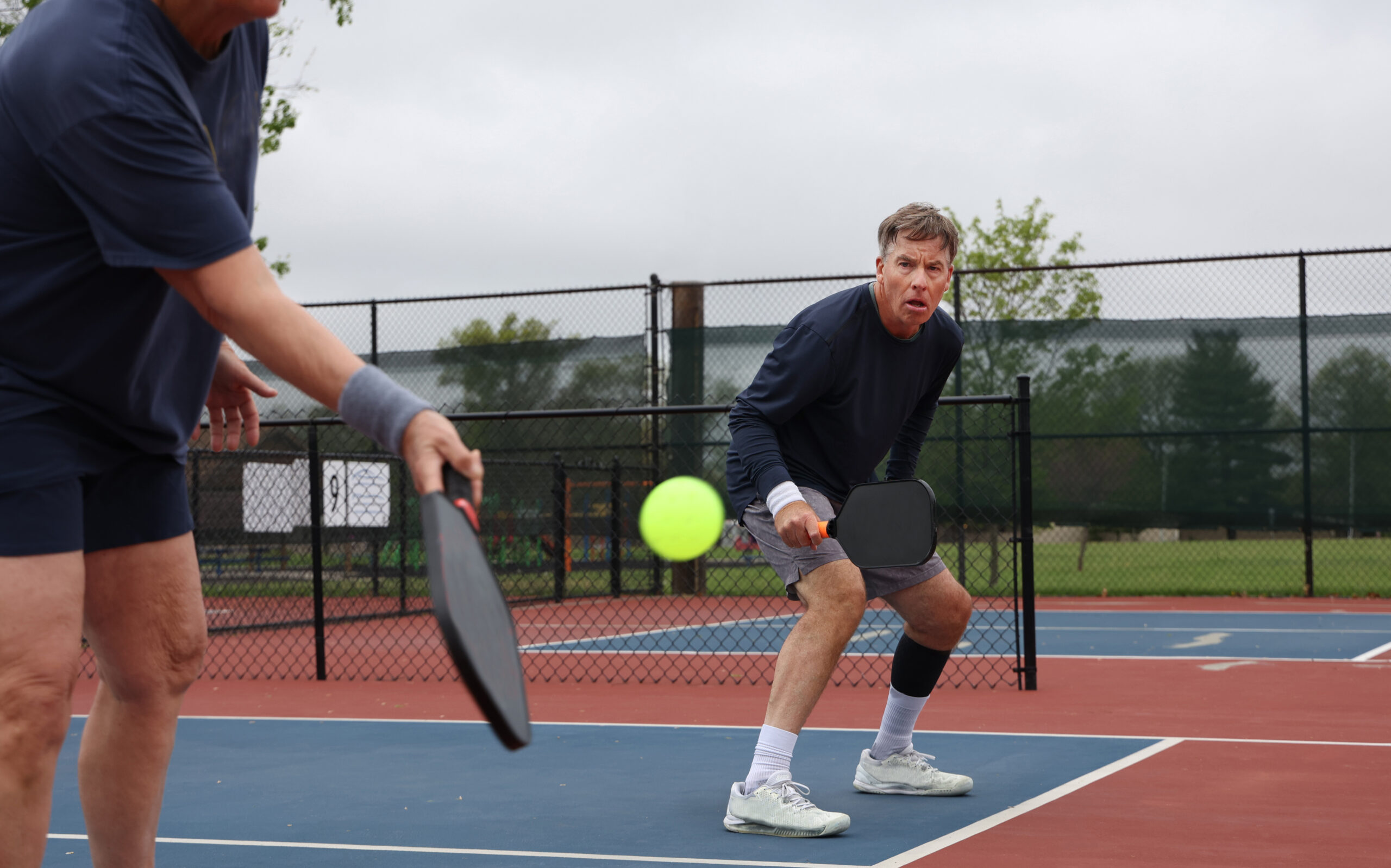By Spencer Short, Texas A&M
As someone who enjoys both tennis and pickleball, I’ve come to appreciate how these sports extend beyond the court and into the corporate world. Whether competing in a fast-paced pickleball match or navigating a challenging business environment, the principles of strategy, adaptability, and mental resilience remain the same. Success in both areas requires preparation, quick decision-making, and the ability to pivot when unexpected challenges arise. Here’s how lessons from tennis and pickleball can translate into better business strategies and leadership skills.
1. The Importance of Strategy: Thinking Two Steps Ahead
Tennis and pickleball are as much mental games as they are physical ones. In both sports, the best players anticipate their opponent’s moves, adjust their positioning, and strategically place their shots to gain an advantage. The same is true in business—success depends on foresight, preparation, and strategic decision-making.
- Reading the Game: Just as athletes analyze their opponent’s strengths and weaknesses, business leaders must evaluate market trends, competition, and industry shifts to stay ahead.
- Executing a Game Plan: A well-thought-out approach is key to success. Whether crafting a marketing strategy or planning a major investment, having a roadmap helps guide decisions and increases the chances of success.
- Adjusting Mid-Match: Even the best strategies require flexibility. Just as tennis players adjust their shots based on how their opponent plays, business professionals must be willing to pivot when unexpected challenges arise.
2. Adaptability: Thriving in Fast-Paced Environments
Pickleball, in particular, requires constant movement and quick reflexes. The game is played at a fast pace, demanding instant decision-making and adjustments. Similarly, in today’s business world, adaptability is essential for success.
- Handling Unpredictability: Just like an unexpected drop shot can change the momentum of a game, market fluctuations, new competitors, or technological advancements can shift the business landscape. Being prepared to adjust and respond quickly is critical.
- Continuous Learning: The best athletes refine their techniques through practice and coaching. In business, staying informed about industry trends and continuing professional development ensures long-term growth.
- Embracing Change: Companies that resist change often fall behind. Just as players who fail to adjust their style struggle against diverse opponents, businesses that fail to innovate risk losing their competitive edge.
3. Mental Toughness: Overcoming Setbacks
Both tennis and pickleball demand mental resilience. Whether it’s bouncing back after losing a set or refocusing after a mistake, the ability to stay composed under pressure is essential.
- Managing Stress: In sports, staying calm during high-pressure moments—like a match point—can make all the difference. In business, maintaining composure during negotiations, presentations, or financial downturns leads to better decision-making.
- Turning Failures into Lessons: A lost match isn’t the end—it’s an opportunity to analyze what went wrong and improve. The same applies in business. Every setback presents a chance to learn, grow, and refine strategies for future success.
- Confidence and Focus: Athletes build confidence through preparation and experience. In the corporate world, confidence in decision-making comes from thorough research, preparation, and trust in one’s abilities.
4. Effective Communication and Teamwork
While tennis is primarily an individual sport, doubles tennis and pickleball require strong communication between teammates. A successful partnership on the court depends on clear communication, trust, and understanding—qualities that are equally valuable in the business world.
- Clear Communication: Miscommunication in sports leads to lost points; in business, it leads to inefficiencies and mistakes. Effective leaders ensure their teams understand goals, responsibilities, and expectations.
- Building Strong Relationships: Just as great doubles partners learn each other’s strengths and playing styles, business professionals who develop strong professional relationships create more cohesive and productive teams.
- Supporting Your Teammates: Encouragement and teamwork drive success. Whether on the court or in the office, a supportive and collaborative culture leads to better performance and higher morale.
5. The Power of Preparation and Execution
Winning in sports isn’t just about natural talent—it’s about preparation. Players study their opponents, practice their techniques, and fine-tune their strategies before stepping onto the court. Similarly, in business, preparation leads to better execution and long-term success.
- Research and Analysis: Just as athletes analyze their opponents, businesses must research competitors, market trends, and customer behavior to make informed decisions.
- Practice and Training: Repetition and refinement lead to mastery. In business, refining sales pitches, developing leadership skills, and improving operational processes ensure continuous progress.
- Execution Under Pressure: The ability to execute a well-practiced skill under pressure separates great athletes from good ones. In business, executing strategies effectively—whether during a critical meeting or a product launch—determines success.
Applying Sports Lessons to Business Success
The parallels between tennis, pickleball, and the corporate world are undeniable. Both require strategy, adaptability, mental toughness, communication, and preparation. By embracing these principles, professionals can enhance their leadership skills, improve teamwork, and navigate challenges with confidence.
As someone who values both sports and business, I’ve seen firsthand how the lessons learned on the court translate into success in the boardroom. Whether you’re competing in a high-stakes match or making critical business decisions, the key to winning is the same: stay strategic, remain adaptable, and always be ready to adjust your game plan when necessary.
